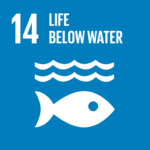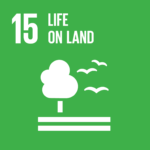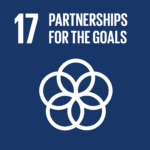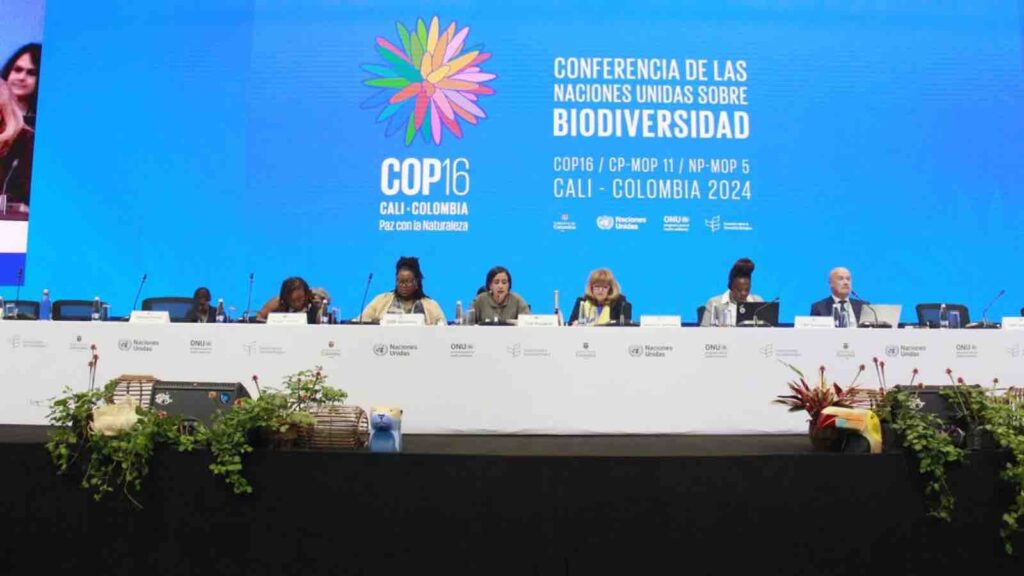Despite significant steps forward on indigenous representation and a potential billion-dollar fund for biodiversity, the 16th Conservation of Parties (COP16) summit in Colombia concluded in discord. Developing countries left frustrated as rich nations failed to deliver on their funding promises.
CALI, COLOMBIA — The 16th UN summit on biodiversity ended this week amid confusion and dissent, with some landmark advances but also critical unresolved issues. COP16, held in Cali, Colombia, aimed to accelerate progress on the Kunming-Montreal Global Biodiversity Framework (GBF), which strives to protect 30% of Earth’s land, freshwater, and oceans by 2030. However, key aspects, particularly financial commitments and monitoring measures, were left unfulfilled. Delegates were visibly frustrated as the summit, initially scheduled to end on Friday, dragged into Saturday morning without consensus.
RELEVANT SUSTAINABLE GOALS




Brazil’s lead negotiator, Maria Angelica Ikeda, expressed sharp criticism, noting that key discussions, including resource allocation, were left until the final hours, “We question the lack of legitimacy of discussing such an important issue at the end of the COP…We should have decisions guaranteeing the resources we need.” Fiji’s Michelle Baleikanacea echoed these sentiments, lamenting the financial constraints that forced many developing nations to depart early, leaving crucial debates hanging.
Breakthroughs: A New Fund and Indigenous Voices
Amid the contentious atmosphere, there were breakthroughs. Countries agreed on a groundbreaking fund based on Digital Sequence Information (DSI) — the genetic data extracted from nature, which is increasingly valuable for commercial uses like pharmaceuticals. The fund, set to channel approximately 1% of profits or 0.1% of revenue from large companies using DSI, could generate over $1 billion annually, with half of the funds earmarked for Indigenous and local communities.
Jennifer “Jing” Corpuz of the International Indigenous Forum on Biodiversity (IIFB) celebrated the establishment of a permanent role for Indigenous groups in the UN biodiversity process, describing it as “a watershed moment in the history of multilateral environmental agreements.”
Funding Shortfall and Monitoring Mechanisms Go Unresolved
The summit, however, left a glaring void in financial strategy. In 2022, wealthy countries pledged to raise $200 billion annually by 2030, including $20 billion to assist developing nations by 2025. Despite urgent pleas, no concrete plan was agreed upon, leaving many in the global south uncertain about future support. Sierra Leone’s Minister of Environment, Jiwoh Abdulai, emphasized that governments “can materialize funds for pandemics and wars,” yet have stalled in addressing the “greatest existential threat we face.”
Another critical unresolved item was how COP16 targets would be monitored. With 23 targets and four major goals set at COP15, there was widespread consensus on the framework’s need. But as time ran out, the debate was tabled for further discussion, raising concerns that the world may once again fall short on biodiversity targets.
The stalemate leaves many wondering whether COP17, set for next year in Bangkok, will provide the needed consensus on funding and monitoring — or if another opportunity to protect the planet’s biodiversity will slip away.
Lead image courtesy of UN biodiversity / Flickr (COP16)
You may also be interested in :
A River Reborn : How EcoSattva Is Reviving The Kham River And Transforming A Community



